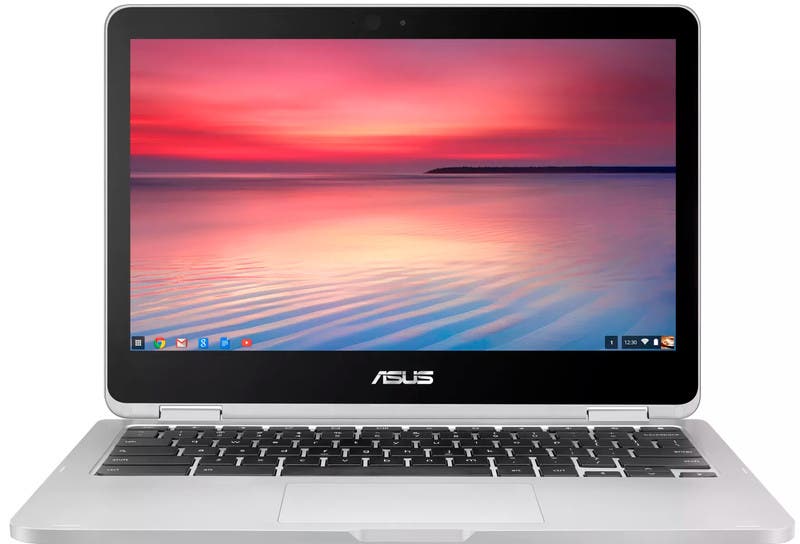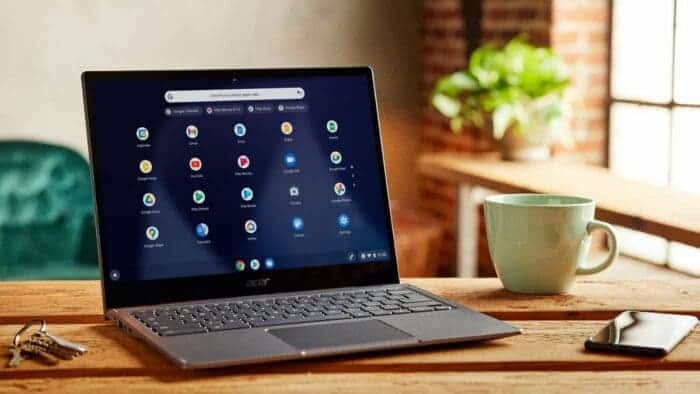Among the many innovations introduced in Chromebooks in recent years, there is certainly the marked improvement in portability features: thanks to the new models equipped with connectivity to mobile networks, dependence on Wi-Fi networks has drastically decreased. As a logical consequence it was only a matter of time that the possibility of using the sim data for the reverse passage also arrived, that is to provide a mobile connection to devices that do not have one, essentially acting as a hotspot.
Android smartphones have been doing it for a long time; so why not allow Chromebooks the same privilege, also considering the greater capacity of the batteries installed? In fact the function is currently in the works and has appeared for the first time in the ChromeOS code; in the form of a new flag coming to chrome: // flags
Soon, mobile data-enabled Chromebooks should be able to serve as Wi-Fi hotspots

In addition to the access point description “Allows the Chromebook to share its cellular Internet connection with other devices over Wi-Fi”, there aren’t many details at the moment, but the usefulness of this feature is easy to understand. The operation will probably be very similar to that of hotspots on Android smartphones; where you can enter the name of the network, set a password and the protection protocol; and finally decide whether to activate it or not. We can also speculate that a quick activation button will be made, but at the moment these are only speculations.
As for the timing, we don’t have precise information, but it shouldn’t take long for the introduction. The hardware is ready and requires no changes, so it’s just a matter of working on software development. With a little luck, the feature could become available within the current year. We will discover more details soon.





